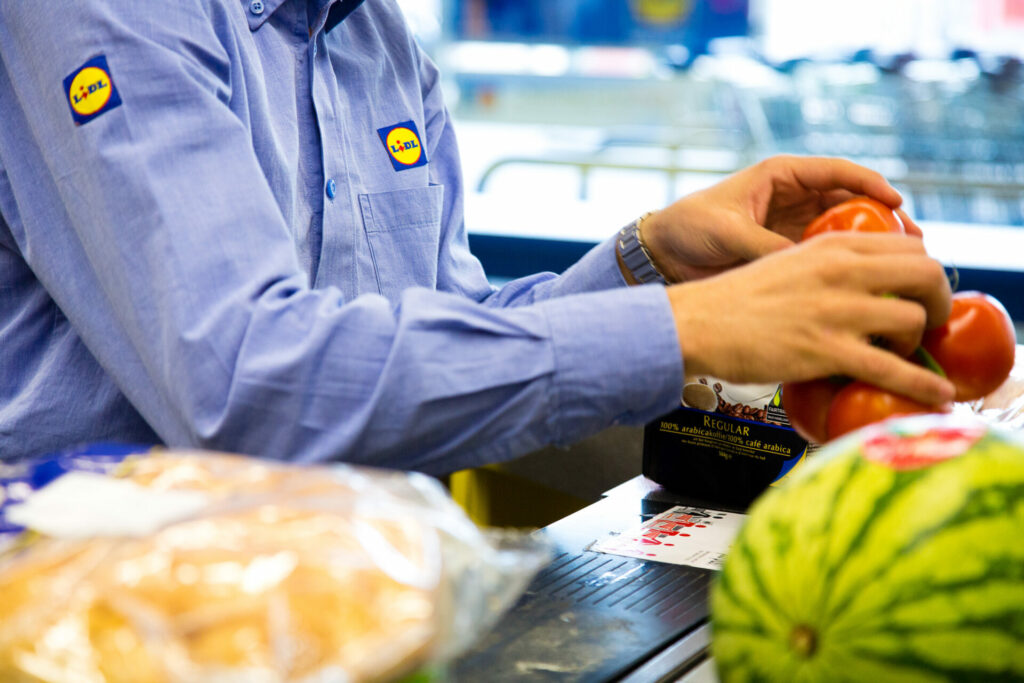Economists and political analysts have decided against implementing French-style price caps on a range of key consumer goods, claiming that they would do little to protect consumers and may even exacerbate Belgium's ongoing economic malaise.
"Economists have said it before: blocking prices does not help business," Philippe Defeyt, an economist at the Institute for Sustainable Development and former Ecolo party leader, told Le Soir. "We see it with rent control which encourages landlords to turn away from the rental market. And we have seen it in Belgium in the past: when certain prices were capped, suppliers caught up on other products."
Following months of heavy government pressure, 75 French food manufacturers pledged last week to lower prices on a range of key food items including poultry, pasta and oil. Prices are expected to fall from between 2% and 10% from July.
The announcement follows France's "anti-inflation quarter" from April to June this year, during which retailers were asked by French Finance Minister Bruno Le Maire to cut prices to the "lowest possible level" on a discretionary basis.
Belgium's current inflation rate is 5.2%: over 3.5 times greater than it was two years ago. Food inflation is especially high (15.51%) and is responsible for approximately half the headline rate (2.35 percentage points).
'Difficult to verify'
Defeyt's criticism of price caps was echoed by other leading analysts. In a front page editorial published on Wednesday, Le Soir's leading columnist Béatrice Delvaux suggested that price limits are more appropriate in France because "the French do not benefit from the wage indexations which protect Belgians from rising prices".
Moreover, although she admitted that high inflation makes it "understandable" that many Belgians would be in favour of price caps, Delvaux claimed that they may not be introduced in France anyway and that they will be "difficult to verify on the ground".
Delvaux concluded that, rather than continued wage indexations or price caps, the Federal Government should aim to reduce taxes on labour. "Today, for many, the most effective 'booster', and with the fewest negative collateral effects, unlike indexation which contributes to an upward wage-price spiral, remains a tax reform that reduces taxes on labour," she wrote.
Related News
- Inflation in Belgium drops to 5.2%
- The price of avarice: Study reveals greedflation's role in Belgium's inflation crisis
Whatever the legitimacy of Defeyt's and Delvaux's criticisms, there is no doubt that Belgian consumers' predicament is becoming increasingly dire. Indeed, consumer analysis firm Test Achats has repeatedly warned of a "nutritional crisis" developing in Belgium as many consumers become increasingly unable to afford food.
One Test Achats study published in April this year found that vegetables have undergone especially steep price increases: iceberg lettuce is now 53% more expensive compared to last year, while prices for cucumbers and onions have risen 51% and 50% respectively.
On Wednesday, Test Achats spokesperson Julie Frère poured scorn on the suggestion that French-style price caps are impossible in Belgium: "What is happening in France shows [...] that it is possible to act."

